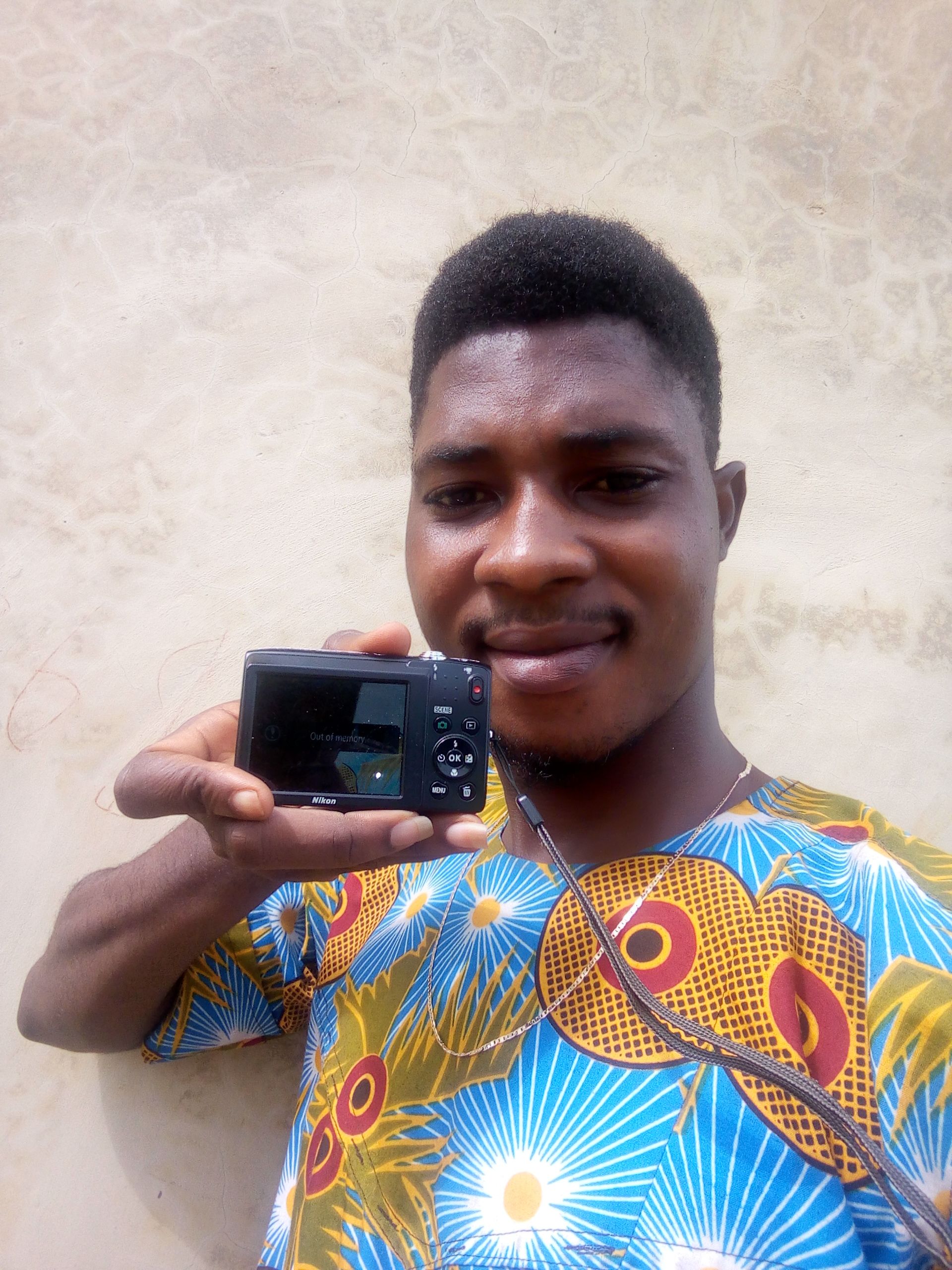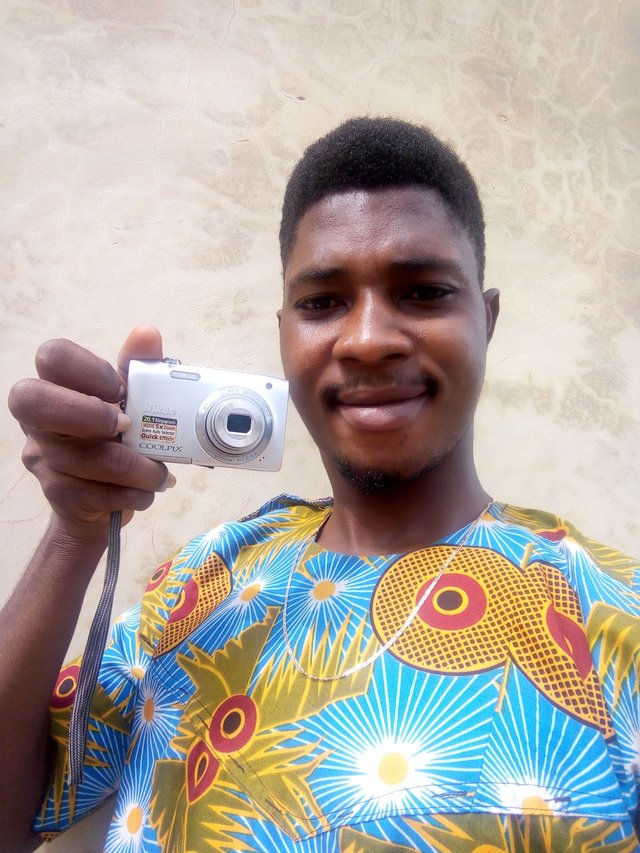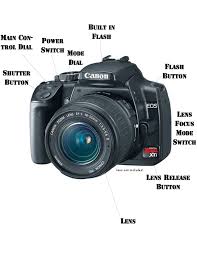HINT ON HOW TO START UP A PHOTOGRAPHY BUSINESS.
Photo snapped with my smart phone
Photography is a word derived from Greek word ‘Photos'. It is the visual documentation of physical elements, place or events through the action of light and chemicals.
It is a process involving the use of camera in recording images with little human interfererance. It is often referred to as easy art because you need just to press the button while the rest of the works are done technically and mechanically.
Photography is a visual language understood in all pats of the word, a quick means of recording the history of our time.
HISTORY OF PHOTOGRAPHY
History has made it knkwn to us that Photography is a contemporary phenomenon, which came to being just over a century ago. Prior to the invention of the camera, great artists have been recording images in drawing and painting. The search for perfect and which means of doing this led to the discovery of photography. Different individuals and group of people made various attempts at the initial stage without success.
Tom Wedewood in 1802 attempted capturing silhouettes of objects with silver salts but failed.
In 1826, Joseph Niepce of Chalon-sursaome also sentilized with bitumen of Judea but also failed.
An Englant scientist, Fox Talbot also tried to record on light sensitive paper but couldn’t complete the experiment.
However, two Frenchmen Louis Jacques and Joseph Niepce made the earliest breakthrough.
Daguere, a professional scene painter invited Joseph Niepce in 1829 for a partnership on photographic research but unfortunately niepce died during the process in 1833. Daguere however succeeded in producing the first known photograph called “Artist Studio”. This was exhibited August 19th, 1839 in Paris.
Thereafter, different researchers made improved versions.
Richard Leach Maddox invented the gelatin bromide emulsion photograph in 1871, this version revolutionized the photographic techniques.
In 1888, the first Kodak camera was produced by George Eastman. This has the capacity of loading film that take up to 100 prints. Today the invention and use of computer in the photographic process has revolutionized both the recording and production process.
THE CAMERA
This is the most important tools in photography. Without camera, there is no photograph. The main function is to record images.
TYPES OF CAMERA
There are different seizes and shapes of camera, even though they perform a single function of recording.
The common ones are:
∆ Digital camera
∆ Single lens/reflex camera
∆ Twin lens
∆ View cameral ... among others.
Some cameral are simple while come are complex, the choice of a camera is determined by the target of a photographer.
PART OF THE CAMERA
(IMAGE OF A CAMERA WITH LABEL)
HINTS ON PHOTO SNAPPING
The following areas of human endeavor need some technicalities to achieve a successful photography.
Outdoor portraiture: This is a study of a person, it may be a snap-shot or a simple well composed study of a person that is as real as nature itself.
The photographer is not expected to be far away so that the main subject will not become a merely incidental details in a landscape scene.
All important facial features should be emphasized while an interesting angle of view should bensought.
BABY: For baby portraits, you may use a supplementary lens attachment to allow a close view. If baby is crying or open his/her mouth, one can violate health rules and put a littlendab of sugar on his tongue, the mouth wouldninstatly close and the face will assume a happy smile, then you will quickly snap yournshot.
CHILDREN: Success in children photography could beachieved when there is something holding their attention. One way of holding children attention it to have them seated so that they can relax.
WOMAN: In taking the portrait of woman, one should emphasis symbolical issues rather than factual because women want to be beautiful in picture. If the hair is very neat and most of the stray ends are under control, any contrasting setting may be used as background.
MAN: The best and interesting thing in man's portraits is the close up. This emphasizes the strength and manliness of the subject's face.
WEDDING: As we all know that everybody wants photographic record of his/her wedding ceremony, hence the much demamdsnin this area of social life.
The record includes the portrait of the bride and groom, scenes rangingnfrom preparation and then real event. You may carry more than one camera to take care of different situations and actions like the prayer, ring placement, singing, cakemcutting, group photograph e.t.c.
FOOTBALL: Faster lenses are needed in the the coverage of football games. You are expected to be by the sidelinenbut you should avoid stepping over it. You may include the atmosphere like the crowd, coaches, men on the benches, cheerleaders and decorations. You may be behind the goalpost to record the crossing scores, you may even capture the point-kick over the goal-bar.
TRACK AND FIELD ATHLETICS: Events like jumping, running, throwing competition require the use of fast lens and high speed shutters. When the runners are coming towards the cameraman a shutter speed of 1/200 of a second is usually fast enough to stop the actions clearly.
ARCHITECTURAL PHOTOGRAPHY: This involves the photographing of residence, public building, stores and office buildings. You need to visit and students the building sonasnto determine the angle of view, co position as well as lighting condition.
You are to use the cameralnthat permitsnthe usenof lenses of variousnfocal lengths and also have swing, tilt and rising fronts. The use of differntnlenses permits wide-angle views and others.
TRAINING AND CAPITAL RESOURCES
The training period and capital recources depends on individual and as we all know that we do learn everyday in different forms. When I started training some years back, I was with nothing I mean nothing, but I do make use of my co-learner accessories then (canon camera), also with his laptop then for photo editing because I was really motivated because of d editing work, I learn the elementary work for just 5day {3hours Per day} (how to handle digital camera and photo editing). Two weeks after I bought my own canon cameral with a laptop, installed the necessary softwarre for the work (adobe Photoshop, picasa, DG photo studio etc) and I do practice often with the different shot I see.
The reason why you need PC (personal computer) is for you to keep record of your coverage and you can also be the editor of your work instead of giving the editing work to editor (it will reduce your profit percentage).
HINT ON NOW TO START A PHOTOGRAPHY BUSINESS.
This is a practical, down to earth hints written specifically for the individual, man or woman, who want to take photographs that will please their customers. To the professional is means photographs that his customers will be glad to buy because of their easily appreciated, tangible values: true likeness, competent characterization, attractive posing, crisp lighting and good technical quality.
A bigginer needs to bear the following points in mind to have a more pleasing and saleable photographs.
Make full use of your camera.
Take note of the backgroud.
If you also wish to be an editor on your own you need to have your PC (personal computer)
Use helpful accessories for glamour effects
Give people something different
Make good use of electronic flash
Standardize your methods
Have a sensible approach to pricing band packaging and be focus.


.jpg)
Hi, aare-no-stain! I just resteemed your post!
I can also re-steem and upvote some of your other posts
Curious? Check out @resteembot's' introduction post
PS: If your reputation is lower than 30 re-blogging with @resteembot only costs 0.001 SBD
Whatever @resteembot resteems, I resteem too!
I am a new, simple to use and cheap resteeming bot
I will automatically resteem posts resteemed by @resteembot until 2017-10-15 00:00:01 +00:00
If you want to read more about me, read my introduction post.